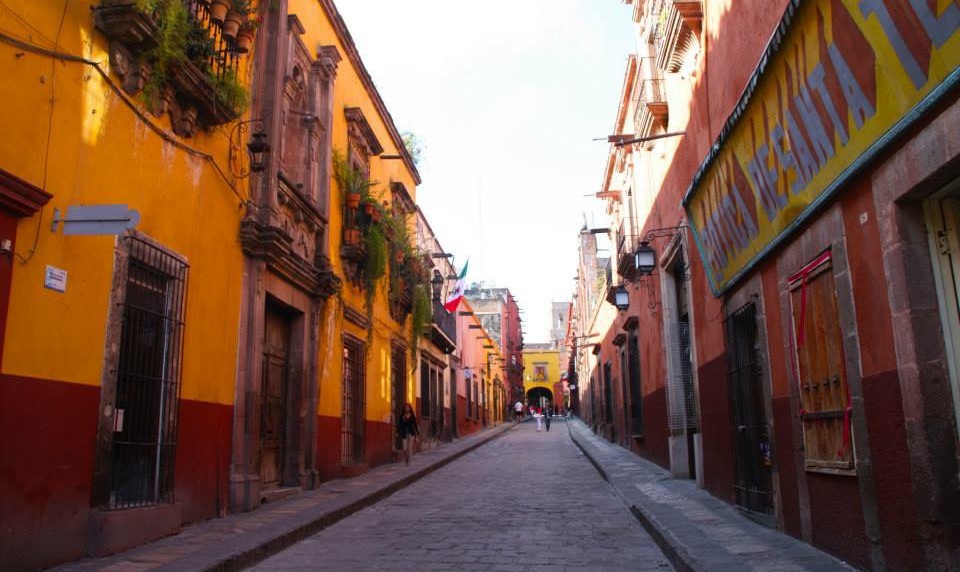“Are you smarter than a US diplomat?” asks the Christian Science Monitor. “Take our Foreign Service Exam.”
In related news, I’ve spent some time lately poking around on the Internet investigating what it takes to join other countries’ diplomatic corps, and also what life is like for diplomats once they get in. As you may recall, a flood of Israeli diplomats went on strike recently protesting their low wages (below the poverty line). Apparently they also had to pay their own way to and from post, and other things we US diplomats fortunately don’t have to worry about. Update: it looks like they got the raise they were asking for.
While investigating the Canadian foreign service, I found this interesting. There is a testing process to get in which doesn’t seem entirely different from the system we have in the US. There’s a written test and the most qualified candidates move on to an interview phase. Those who make it through that are subject to background checks and put into a pool of successful candidates which sounds an awful lot like the Register we all know and love.
When you join the Canadian foreign service, you must speak both English and French. If you don’t, you will be on a sort of probation and receive language training for up to 12 months while making 80% of your normal salary. If you can’t hack it after that, you’re out.
Entry level officers will spend up to three years in Ottawa receiving training. Much of that will be on-the-job training and some of it may be at temporary assignments overseas. That’s very different from A-100 students who, after four weeks on the job, find out on flag day that they are leaving for, say, Bahrain in two months.
ASFA wrote an interesting article (warning, PDF) on this subject a few years back.
If any of our Canadian friends read this (and according to Google Analytics, 11 of you do), let me know if I’ve over-simplified or just plain screwed up any of my facts. And anybody else, perhaps those of you who have actually been to post, I’d love to hear about any interesting differences between American and other foreign services you’ve learned of while mingling with your counterparts in the diplomatic community.
Oh, and for the record, that test up there from the Christian Science Monitor? I totally passed.

9 Responses to the diplomatic community